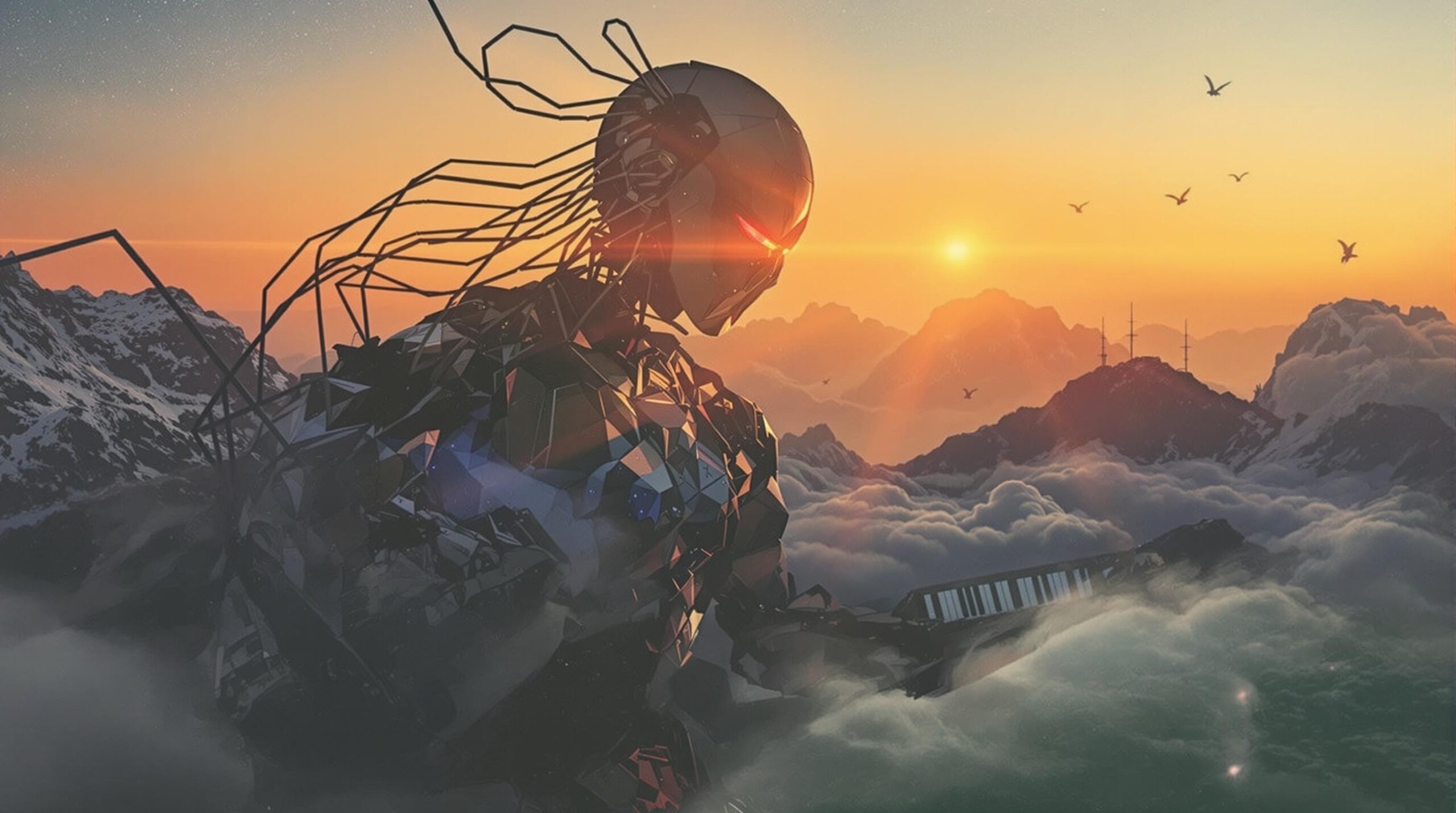In recent years, artificial intelligence (AI) has increasingly infiltrated the realm of music production. With advancements in machine learning algorithms and computational power, AI tools have begun to assist composers and musicians, even producing music autonomously. This burgeoning trend raises critical questions: Can AI genuinely capture the subtlety and depth of human emotion in music? And if so, how does this impact the future of music creation and consumption?
The Evolution of AI in Music Creation
AI’s involvement in music dates back to the 1950s when the first attempts at algorithmic composition were made. However, significant progress has occurred in the last two decades. Modern AI systems employ deep learning and neural networks to analyze vast amounts of musical data. By dissecting patterns in melody, harmony, rhythm, and style, these intelligent systems can generate compositions that mimic classical composers and contemporary artists alike.
One prominent example is OpenAI’s MuseNet, a neural network capable of generating four-minute musical compositions with ten different instruments, blending styles from Mozart to Beyoncé. Another is Aiva (Artificial Intelligence Virtual Artist), which specializes in creating soundtrack music. Such platforms have opened new possibilities for musicians, allowing them to explore endless variations and styles by feeding parameters into these AI models.
How AI Understands and Creates Music
AI music composition involves training algorithms on extensive datasets of musical pieces. These datasets allow AI models to identify and learn attributes that define various genres and styles. Through processes like supervised learning and reinforcement learning, AI systems develop an understanding of music theory principles. Once trained, they can compose music that adheres to specified parameters, generating melodies, harmonies, and rhythms that sound remarkably human-like.
AI’s ability to process and learn from vast amounts of data surpasses human capability, making it well-suited to identify complex patterns and structures. By leveraging these capabilities, AI can craft pieces incorporating diverse influences, offering innovative compositions that challenge conventional musical boundaries. However, the question remains whether AI can genuinely replicate the emotional depth present in human-composed music.
The Emotional Aspect: A Unique Human Quality?
Human music composition is deeply intertwined with emotional expression. Musicians convey feelings and evoke emotional responses in listeners through nuanced variations in tempo, dynamics, and articulation. Emotion in music is not just a matter of technical execution; it involves the composer’s personal experiences and sentiments, which imbue a piece with authenticity and resonance.
AI’s approach to music lacks personal history or emotional context, raising skepticism about its ability to evoke genuine emotions. While AI can mimic emotional cues by analyzing existing music, critics argue that this reproduction lacks authenticity. It is the difference between understanding emotions theoretically and experiencing them personally, which is a distinctly human trait.
Bridging the Gap: AI as a Creative Partner
Despite AI’s challenges in fully capturing human emotion, it is a valuable tool for musicians. Instead of replacing human composers, AI can serve as a creative partner, offering new ideas and perspectives during the composition process. Musicians can use AI-generated compositions as starting points or inspiration, infusing their emotional narrative into the works to create something unique.
Collaborative projects have already demonstrated the potential of this partnership. For instance, musician Taryn Southern released an album, “I AM AI,” entirely produced with AI assistance. In such projects, the human artist collaborates with AI to develop a final product, blending computational precision with human emotional depth. This synergy points to a future where musicians could leverage AI to expand their creative horizons rather than constrict them.
Ethical and Cultural Implications
The rise of AI-crafted music also brings ethical and cultural implications to the fore. There are concerns about the devaluation of human creativity and the commodification of music. As AI-generated music becomes more prevalent, questions about copyright and ownership arise. Who owns a piece of music created by an AI? The creator of the algorithm, the musician who provided input, or the AI itself?
Furthermore, there is a risk that over-reliance on AI-generated compositions could lead to homogenization in music, drying up the unique cultural influences that make music rich and diverse. Ensuring that AI is used to complement, rather than replace, human creativity is crucial in maintaining the cultural tapestry that music represents.
The Future of AI and Music
AI’s role in music will likely continue to grow, with advances leading to even more sophisticated tools. The potential for AI to enhance creativity and democratize music production is vast. As the technology evolves, so will the interactions between AI and human artists, fostering collaborative innovations that push artistic boundaries.
To truly harness the potential of AI in music, the industry must navigate the balance between technological advancement and preserving the emotive essence of art. Education and awareness of AI’s capabilities and limitations will be key to ensuring positive outcomes for artists and audiences alike.
Conclusion
In conclusion, AI-crafted music presents an intriguing evolution in the intersection of technology and art. While AI has yet to replicate the emotional intricacies of human-composed music fully, it offers exciting possibilities as a tool for creativity and exploration. By working in harmony with human composers, AI can drive the next wave of musical innovation, provided that ethical considerations and cultural values are preserved and respected. As we continue on this journey, the impact of AI on music will undoubtedly be a fascinating narrative to explore and experience.


